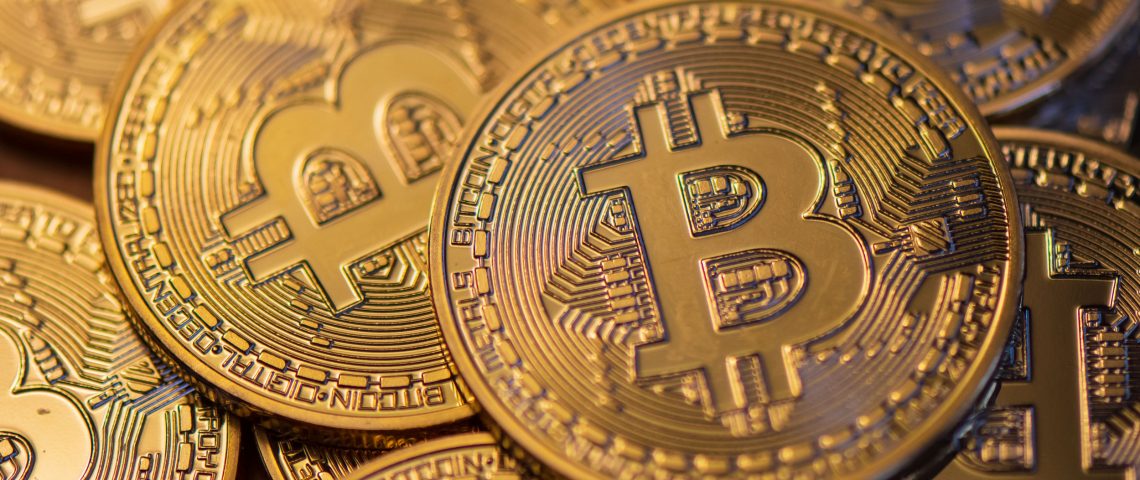Iranians feeling the squeeze from United States sanctions targeting the Islamic Republic’s ailing economy are increasingly turning to such digital currencies such as Bitcoin to make money, prompting alarm in and out of the country.
The Bitcoin craze has made the front pages of Iranian newspapers and been discussed by some of the country’s top ayatollahs, and there have been televised police raids on hidden computer farms set up to bring in money by “mining” the currency.
In Iran, some government officials worry that the energy-hungry process of “mining” Bitcoin is abusing Iran’s system of subsidised electricity; in the US, some observers have warned that cryptocurrencies could be used to bypass the Trump administration’s sanctions targeting Iran over its unraveling nuclear deal with world powers.
Like other digital currencies, Bitcoin is an alternative to money printed by sovereign governments around the world. Unlike those bills, however, cryptocurrencies are not controlled by a central bank. Bitcoin and other digital currencies like it trade globally in highly speculative markets without any backing from a physical entity.
As a result, computers around the world “mine” the data, meaning they use highly complex algorithms to verify transactions. The verified transactions, called blocks, are then added to a public record, known as the blockchain. Any time “miners” add a new block to the blockchain, they are rewarded with a payment in bitcoins.
Iran’s minister for information and communications technology, Mohammad Javad Azari Jahromi recently said in an interview, “The business of ‘mining’ is not forbidden in law but the government and the Central Bank has ordered the Customs Bureau to ban the import of (mining machines) until new regulations are introduced.”
Ali Bakhshi, the head of the Iran Electrical Industry Syndicate, said earlier this month that the country’s Energy Ministry likely would boost costs for Bitcoin “miners” to 7 cents for each kilowatt of electricity they consume.
Tabnak, a hard-line news website associated with a former commander of the country’s paramilitary Revolutionary Guard, quoted three ayatollahs describing Bitcoin as either problematic or “haram”, meaning forbidden. Islam prescribes strict rules about finance.
But Jahromi said clerics became more receptive to the idea after his staff briefed them that Bitcoin had a value in the real world, which is required under Islamic finance. Islamic finance also prohibits gambling, the payment of interest and misleading others.
“As Iran becomes increasingly isolated and desperate for access to US dollars, it is vital that virtual currency exchanges, peer-to-peer exchangers and other providers of digital currency services harden their networks against these illicit schemes,” said Sigal Mandelker, Treasury’s undersecretary for terrorism and financial intelligence.











